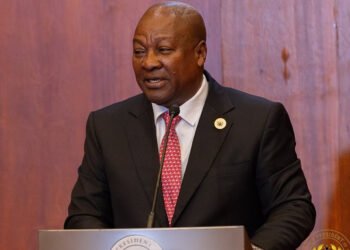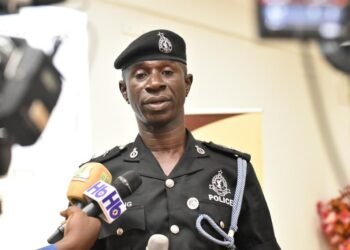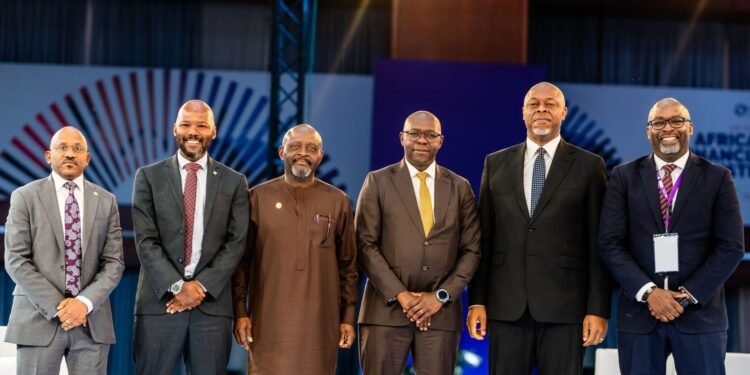The Ministry of Gender, Children and Social Protection (MoGCSP) has engaged with a high-level World Bank team led by Cornelia Tesliuc, Lead Economist and Task Team Leader for the Ghana Productive Safety Nets Project 2 (GPSNP 2), as part of a week-long Technical Implementation Support Mission aimed at assessing progress and strengthening project delivery.
The mission, which is being organized in collaboration with the Ministry of Local Government, Chieftaincy and Religious Affairs, seeks to review the progress made under the GPSNP 2 and to ensure that the project continues to deliver effectively on its objectives of reducing poverty and improving social protection outcomes across Ghana.
“During the engagement, the World Bank team emphasized the importance of accelerating implementation and ensuring that ongoing activities deliver measurable impact.
“Discussions highlighted the need to prioritize key components and align available resources to strengthen outcomes and promote sustainability across all interventions”
Ministry of Gender, Children and Social Protection
According to the Ministry, the meeting also focused on the Livelihood Empowerment Against Poverty (LEAP) Programme, one of the core pillars under the GPSNP 2.

The World Bank team highlighted the need for the timely completion of the ongoing eligibility reassessment of beneficiaries and the onboarding of new households under the revised benefit structure.
In its engagement with the Ministry, the Bank reiterated the importance of improving digital payment systems to ensure that LEAP transfers are more accessible and efficient. It further noted that such measures would enhance transparency, reduce delays, and ensure that vulnerable households receive the needed support without disruptions.
The World Bank also commended Ghana for its continued progress in building a robust social protection framework.
It emphasized the urgency of finalizing and operationalizing the Social Protection Act, which will serve as a legal foundation for sustaining social assistance interventions and institutional accountability.
The Ministry explained that the Act will play a crucial role in ensuring continuity and consistency in the delivery of social welfare programmes across all sectors, thereby deepening the government’s commitment to protecting vulnerable populations.
Government Commitment
The Minister for Gender, Children and Social Protection, Hon. Dr. Agnes Naa Momo Lartey expressed appreciation to the World Bank for its sustained partnership and technical support under the GPSNP 2.

“We are deeply grateful to the World Bank for the continued collaboration and the extension of the project period to allow for deeper technical engagement. The full operationalization of the Social Protection Act is a priority for the government. It represents a critical step in consolidating Ghana’s gains in social welfare delivery and accountability”
Hon. Dr. Agnes Naa Momo Lartey, Minister for Gender, Children and Social Protection
She reaffirmed the Ministry’s strong cooperation with the Bank and other stakeholders, emphasizing the government’s focus on delivering the project’s objectives of poverty reduction, livelihood empowerment, and institutional strengthening.
Dr. Lartey further underscored efforts to enhance the Ghana School Feeding Programme as part of the Ministry’s broader commitment to improving child welfare, explaining that the initiative aims to improve nutrition and promote school retention in underserved areas, ensuring that social protection benefits reach every level of society.
The ongoing mission brings together technical experts from the World Bank, the Ministry of Gender, Children and Social Protection, and the Ministry of Local Government, Chieftaincy and Religious Affairs.
Through a series of meetings and field visits, the joint team will identify actionable steps to accelerate implementation and sustain the results achieved so far under the GPSNP 2.

The Ministry of Gender, Children and Social Protection noted that the collaboration reflects Ghana’s broader agenda of strengthening its social protection systems under the leadership of President John Dramani Mahama, ensuring that social interventions remain effective, equitable, and sustainable for the country’s most vulnerable citizens.
READ ALSO: Ghana’s HDI Rising; Economic Stability and AI to Boost Further






















